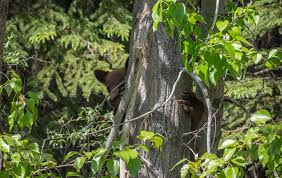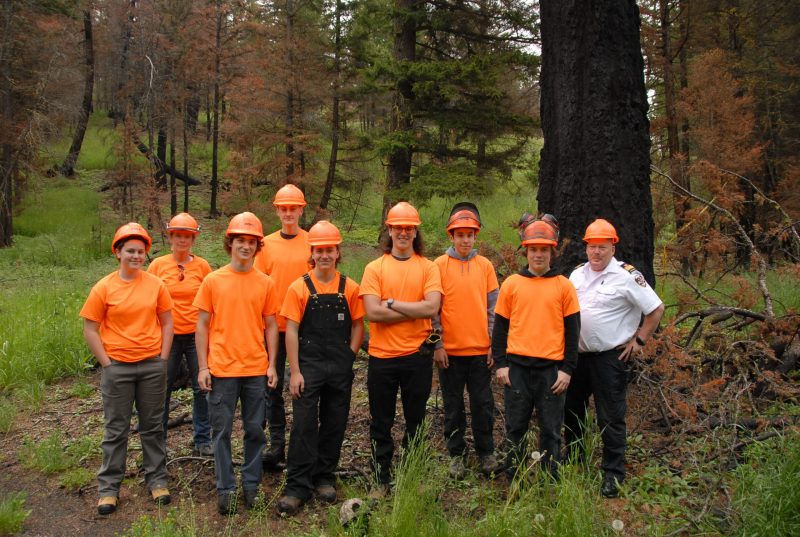
WILDFIRE RESILIENCY
As part of this partnership, the BCCFA conducted an in-depth Needs Assessment from 2023–2024 of community forests to determine objectives and capacity for wildfire planning and related activities.
The Needs Assessment included interviews with 27 CFAs and a survey with 8 CFAs—over half of the CFAs currently operating across B.C., focusing on topics of wildfire planning, collaboration and partnerships, wildfire risk reduction activities, capacity and funding requirements, climate change adaptation, and future management priorities. These data were combined with information from BCCFA Indicators Reports and collaborative research conducted with the University of British Columbia to complete the Needs Assessment.
Community Forests Are Leaders in Wildfire Risk Reduction in Rural BC
Across the province, community forests have treated over 9,000 hectares and invested $10.9 million of their own resources into wildfire-related initiatives over the past decade, while also managing additional funds from external sources.
A significant factor in this success is the collaboration and engagement with local communities, the provincial government and First Nations.
The BCCFA has a long-term partnership with BC Wildfire Service to support community forests in their ongoing efforts to make communities and forests more resilient.
Fuel for Thought Explainer
This BCCFA extension resource was developed in collaboration with the UBC Centre for Wildfire Coexistence, BC Wildfire Service, First Nations First Nations’ Emergency Services Society, and the Silviculture Innovation Program.
Fuel For Thought is designed to support forest practitioners in engaging with community members, stakeholders and partners. This tool helps clarify the complexities of fuel treatments, addresses common concerns and misconceptions, and features user-friendly graphics, a helpful glossary, and additional resources to support informed discussions.
Wildfire Risk Reduction Funding for Community Forests
Under the Economic Recovery Initiative, the BC government allocated over $5 million to 15 Community Forest Agreement holders to conduct wildfire risk reduction work and create employment opportunities in rural communities. The BCCFA collaborated with BC Wildfire Service to build and implement this program from 2021–2024.
The Province of British Columbia identified wildfire risk reduction through community forests as a mechanism through which employment can be generated as a part of Covid-19 economic recovery. The economic recovery dollars are allocated through the Crown Land Wildfire Risk Reduction (CLWRR) stream of the Community Resiliency Investment (CRI) program, and coordinated by the BCCFA in partnership with the BC Wildfire Service (BCWS).
Economic Recovery Initiative
The 15 Community Forests with funding support from CLWRR


















